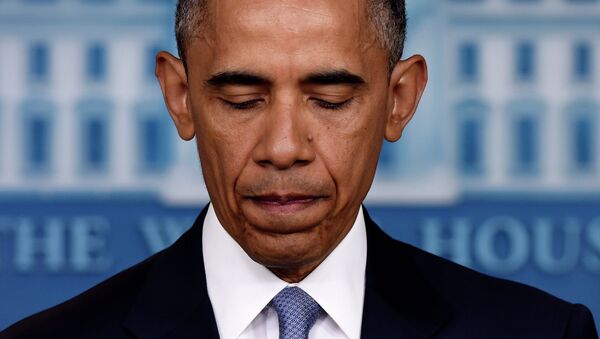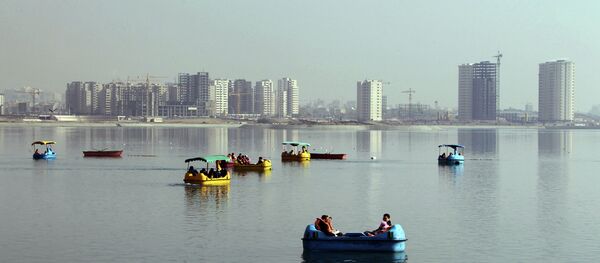"There is a sufficient supply of petroleum and petroleum products from countries other than Iran to permit a significant reduction in the volume of petroleum and petroleum products purchased from Iran by or through foreign financial institutions," Obama said in a statement.
The restrictions on selling and purchasing Iranian oil were introduced in the National Defense Authorization Act for Fiscal Year 2012 under section 1245 that targeted Iran's Central Bank. The move was aimed at reducing Iran's oil revenues as a bargaining tool in negotiations.
Iranian officials have insisted that sanctions are an inefficient measure and the country would not be coerced into a deal it does not consider a win.
#US sanctions are ineffective. Threatening to sanction or military action won't scare #Iran-ians.God backs Iranian nation's resistance.
— Khamenei.ir (@khamenei_ir) 21 Март 2015
Many foreign officials said if sanctions agnst #Iran were put on other countries,they would’ve been destroyed but they didn't undermine Iran
— Khamenei.ir (@khamenei_ir) 6 мая 2015
Iran was allowed to sell up to a million barrels of crude daily after Tehran and the P5+1 group, comprising China, France, Russia, the United Kingdom, the United States and Germany, reached a preliminary agreement, known as the Joint Plan of Action, in November 2013.
Iran hopes that after this happens its oil exports would return to the pre-sanctions level of 2.5 million barrels a day.



